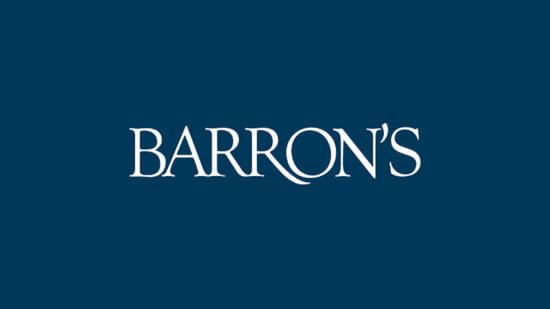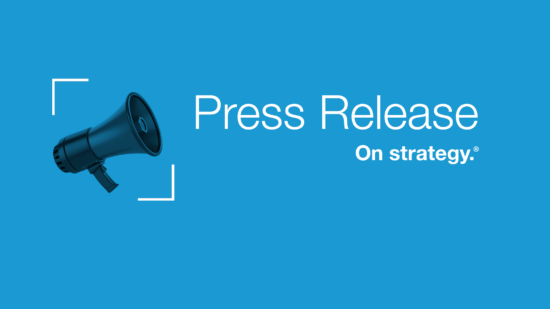
Financial readiness is critical for women 40+. Follow this guide and seek expert advice to secure your financial future and achieve peace of mind.
Talking about finances can feel intimidating, boring, or overwhelming at times. However, understanding and preparing for your financial future is one of the most empowering things you can do, especially as you enter midlife and beyond. Whether you’re in your 40s, 50s, 60s, or older, being financially ready for the years ahead can give you peace of mind and greater freedom to live life on your terms.
Financial readiness isn’t just about having money—it’s about making informed decisions and developing a plan that works for your unique situation. For many women, especially those who live untraditional lifestyles, financial literacy may not have been a primary focus in the past. Now is the perfect time to change that narrative and take control of your financial journey.
Why Financial Readiness Is Especially Important for Women
Women often face unique challenges when it comes to financial planning. On average, women live longer than men, which means they need more savings to cover longer retirement periods. Women are also more likely to take career breaks to care for children, aging parents, or other loved ones, which can result in fewer years of earning and contributing to retirement funds. For many, traditional career paths have been non-linear, which can impact both short-term and long-term financial security.
In addition, financial topics like investing, retirement planning, and estate planning have often been left out of women’s everyday conversations. Whether it’s due to cultural norms, family dynamics, or lack of exposure, many women feel less confident when it comes to navigating finances. That’s why it’s critical to change the narrative and start equipping women with the right knowledge and tools to ensure they’re ready for whatever the future holds.
Taking Control of Your Financial Future
The good news is that it’s never too late to start taking control of your financial future. No matter where you are in life—whether you’re just starting to save for retirement, transitioning out of a traditional career, or looking to secure your financial independence—there are steps you can take to ensure you’re prepared.
1. Educate Yourself
The first step in financial readiness is education. Financial literacy doesn’t have to be complicated, and there are countless resources available to help you get started. Books, online courses, podcasts, YouTube videos, and webinars can be valuable tools for learning the basics of personal finance. Topics like budgeting, saving, investing, and understanding how Social Security works should be priorities.
For those who may feel overwhelmed by the vast amount of information available, starting with small, manageable goals can help. For example, you might begin by focusing on understanding your current financial situation—how much you have in savings, what your debts are, and what your monthly expenses look like. From there, you can gradually build on your knowledge, expanding into areas like investing or estate planning.
2. Build a Budget That Reflects Your Goals
A solid budget is the cornerstone of any financial plan. Start by tracking your monthly income and expenses, then determine what you can allocate toward savings and investments. As your financial knowledge grows, consider how you might adjust your budget to align with your goals—whether that’s saving for retirement, a dream vacation, or financial independence.
If you’ve been out of the habit of budgeting, it’s a good idea to revisit it regularly and adjust as needed. Life changes quickly, and your financial plan should evolve with it. Setting both short-term and long-term financial goals can give you a clearer picture of where your money should be going.
3. Secure Your Retirement
One of the most important aspects of financial planning for the future is ensuring you have enough saved for retirement. For many women, this might mean reassessing their retirement accounts and contributions. Whether you have a 401(k), an IRA, or another type of retirement plan, it’s essential to understand how much you’ll need to comfortably retire and how much you should be contributing now to reach that goal.
For those closer to retirement age, it’s crucial to think about your withdrawal strategy and how you’ll manage your income streams. Social Security, pensions, investments, and savings accounts all play a role in funding your retirement. Make sure you know when and how to start drawing from these sources to maximize your benefits.
4. Invest for Your Future
Investing is another key aspect of financial readiness. While it can feel intimidating, investing is one of the most effective ways to grow your wealth over time. If you’re unfamiliar with investing, now is a great time to start learning. Consider working with a financial advisor who can help you develop an investment strategy that aligns with your risk tolerance and financial goals.
Diversifying your investments across different asset classes—stocks, bonds, real estate, and others—can help protect your portfolio against market fluctuations. The key is to start early and remain consistent in your approach.
5. Plan for Unexpected Events
While we often focus on planning for retirement, it’s equally important to plan for the unexpected. Life can throw curveballs—health issues, family emergencies, or job losses—that can disrupt your finances. Having an emergency fund in place can help cushion the blow when these situations arise. Aim to have at least three to six months’ worth of living expenses set aside in a liquid, easily accessible account.
Additionally, review your insurance policies to ensure you’re adequately covered for health, life, and long-term care. Estate planning is another critical component—making sure your assets will be distributed according to your wishes and that your loved ones are taken care of in the event of your passing.
6. Seek Professional Guidance
Sometimes, the best way to navigate your financial future is by seeking professional advice. A financial planner or advisor can help you develop a comprehensive plan tailored to your specific needs and goals. They can guide you through investment strategies, retirement planning, and tax optimization, ensuring you’re making the most of your money.
Professional guidance can also be helpful when dealing with complex financial situations such as inheritance, large debts, or navigating divorce or widowhood.
Conclusion
Financial readiness is an essential part of living an empowered life, especially as you move into midlife and beyond. By educating yourself, setting realistic goals, and taking proactive steps, you can ensure that your future is financially secure. Whether you’re just starting on this journey or looking to refine your existing plans, taking control of your financial future will give you greater peace of mind and allow you to embrace the opportunities that lie ahead.
More Insights

Thornburg Investment Income Builder Fund – 1st Quarter Update 2025

Taiwan Semi, Tencent, and Other “Quality” Favorites

Investor Spotlight: The Municipal Bond Tax Exemption

Thornburg’s History of Recognition

International Equity: The Power of Global Diversification
